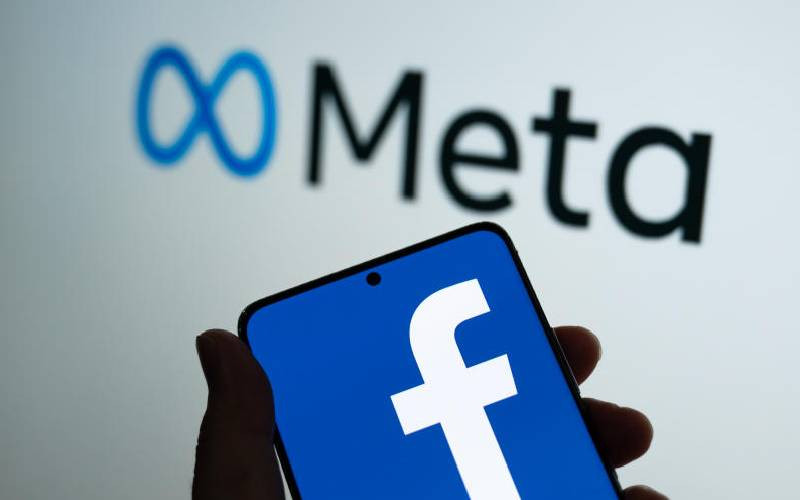×
The Standard e-Paper
Home To Bold Columnists

Fisseha Tekle, an Ethiopian, is in Kenya but persons who taunt him on Facebook are in his homeland.
In his case before the High Court Nairobi, Tekle, who works with an international human rights body explained that he created a Facebook account in 2007.